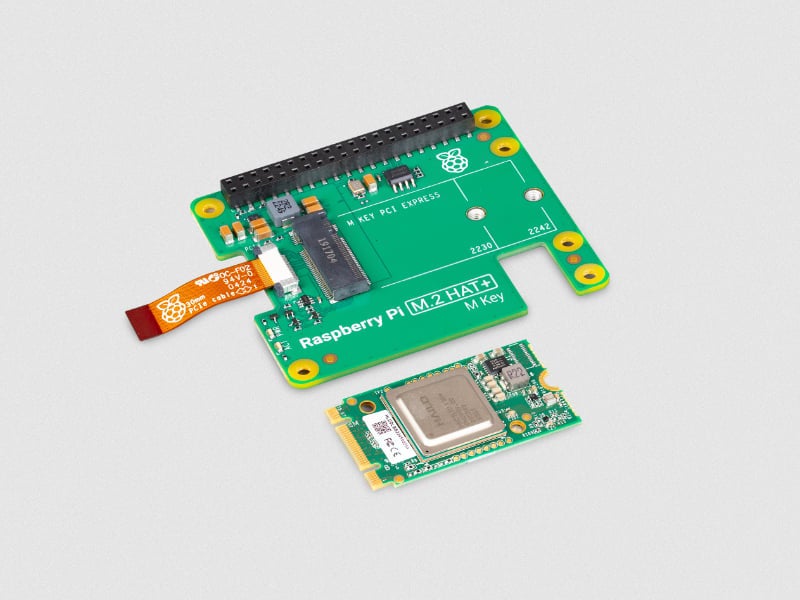
Single-board PC maker Raspberry Pi Ltd will list its commercial branch on the London Stock Exchange starting on an undisclosed date in June, a major change for the company, which operates partially as an educational nonprofit. Shortly after the confirmation of the IPO — though unrelated — Raspberry Pi unveiled its latest product, an AI board for vision capabilities, in collaboration with Hailo.
The London Stock Exchange will receive a boost from the IPO, which has fallen to its lowest share of IPO funds in decades, according to research by Bloomberg.
Although Raspberry Pi computers are often known as educational tools, they are also used in industrial automation, smart homes, testing of other computers and other professional applications.
“The proposed IPO is all about securing the next stage of growth and impact for both the Foundation and the commercial company,” wrote Raspberry Pi Foundation Chief Executive Philip Colligan in a blog post on May 28. The foundation and commercial branch will remain independent entities.
Raspberry Pi has been long rumored to be going public. Now, it has officially stated its intent to list Raspberry Pi Ltd. on the Main Market of the London Stock Exchange and to raise £157 million (USD $200 million). With the money from the IPO, Raspberry Pi plans to expand its product line and hire more engineers.
When the company’s intent to make an IPO was confirmed in January, some computing enthusiasts worried that Raspberry Pi would shift to more commercial products and initiatives at the behest of shareholders.
SEE: How should business leaders decide when it is time to IPO?
The Foundation will remain a beneficiary of some of the commercial company’s profits.
“From the Foundation’s perspective, an IPO provides us with the ability to sell some of our shares to raise money to finance a sustainable expansion of our educational activities,” Colligan wrote in May.
In related news, Raspberry Pi announced on June 4 its first computer for AI inference in a partnership with edge AI processor company Hailo. The Raspberry Pi AI kit is a $70 Raspberry Pi 5 computer with a M.2 HAT+ connector to a Hailo-8L AI accelerator module.
“Our collaboration with Hailo enables Raspberry Pi’s industrial customers to integrate AI into high-performance solutions that are extremely cost-effective and power-efficient. For enthusiasts, the AI Kit provides an accessible way to enhance their creative projects with AI,” Eben Upton, Raspberry Pi CEO, said in a press release.
The Raspberry Pi AI kit can run neural networks capable of detecting objects, recognizing faces and performing other vision-related tasks. It can run inference on video files, interpreting pre-recorded images; this might enable greater customization for smart home setups or manufacturing. Plus, it’s compatible with first- or third-party cameras.
“A significant hurdle in creating real-world AI-based vision applications is the software complexity of integrating the camera subsystem with the AI framework,” wrote Raspberry Pi Senior Principal Engineer Naush Patuck in a press release. “We have worked hard to simplify this as much as possible.”
The result is “advanced AI-based applications in only a few hundred lines of C++ code,” Raspberry Pi wrote.
The Raspberry Pi AI kit is available at Raspberry Pi Approved Resellers internationally.
TechRepublic has reached out to Raspberry Pi for more information about both the AI kit and the IPO.